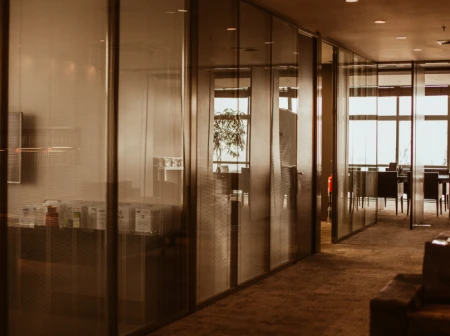Latin Lawyer
Thursday, 17 July 2014
Lulu Rumsey
The battle between Brazil’s antitrust authority and Central Bank over which should have exclusive jurisdiction to review mergers in the financial sector looks set to continue after a Supreme Court judge declined to hear the case on grounds that the court does not examine constitutional issues.
Justice Dias Toffoli rejected CADE’s request to review a ruling issued four years earlier by the Superior Court of Justice (STJ), which had determined that the Central Bank had jurisdiction to review banking mergers.
The 2010 decision came after a bank was fined by CADE for failing to notify it about an acquisition. The court ruled that the law regulating the financial sector excluded the transaction from the jurisdiction of the competition authority.
CADE first laid claim to the review of banking mergers in the early 2000s, arguing it should investigate deals in the financial sector in the same way as it did in all other industries. While a report by the Union Attorney’s Office published in 2001 ruled in favour of the Central Bank, the antitrust authority has continued to police the sector ever since.
CADE says the Supreme Court should review the STJ’s 2010 ruling, based on the fact that the six judges debating the case were equally split between the Central Bank and CADE until the decision was published – when four judges ruled in the Central Bank’s favour.
There are different opinions as to whether the Supreme Court’s decision to turn down the case will improve or worsen the current state of play. The antitrust authority is now expected to lobby other Supreme Court judges to convince them to take up the case. For now, to stay on the safe side, financial institutions are likely to continue notifying both to avoid potential fines.
Pinheiro Neto Advogados partner Cristianne Saccab Zarzur says that because Toffoli’s ruling does not reach any definitive conclusions, it will not change much about the current status quo. “CADE has publicly said that they still believe they have the authority to review financial transactions – nothing will change until there is a final position and until then both parties will continue to proceed in the same manner, claiming authority in the financial sector.”
If the STJ’s ruling is now final, Barbosa Müssnich & Aragão partner José Carlos Berardo agrees that the sector’s legal landscape would still not be substantially altered. “Under Brazilian law, the precedent set forth by the STJ still does not necessarily bind other courts and cases, [so even] if we assume this is a final ruling, in practice nothing much changes if CADE maintains its current position and, for example, decides to keep litigating similar cases,” he explains.
But Velloza & Girotto Advogados Associados’s Camilla Sisti says there could now be more legal certainty for financial institutions about which body they need to approach for mergers. “In the past, even after the decision of the STJ in favour of the jurisdiction of the Central Bank, it was common to notify CADE about mergers and seek their approval to avoid possible sanctions in the future. [However] with this legal definition, that strategy tends to fall apart,” she says.
The latest decision could prove a motivating factor to settle the conflict once and for all, however, potentially through a review of the law in Congress. “I think that the best option would be to have both parties agree which type of transactions each of them should review – for example, credit card sector transactions are always filed with CADE – that is basically already case law,” Zarzur says.
Toffoli’s ruling was made public on 27 June after a four-year wait due to the large backlog of cases awaiting consideration at Brazil’s Supreme Court.
ESTE BOLETIM É MERAMENTE INFORMATIVO E RESTRITO AOS NOSSOS CLIENTES E COLABORADORES. DÚVIDAS E ESCLARECIMENTOS SOBRE AS MATÉRIAS AQUI VEICULADAS DEVERÃO SER DIRIGIDAS AO V&G.

